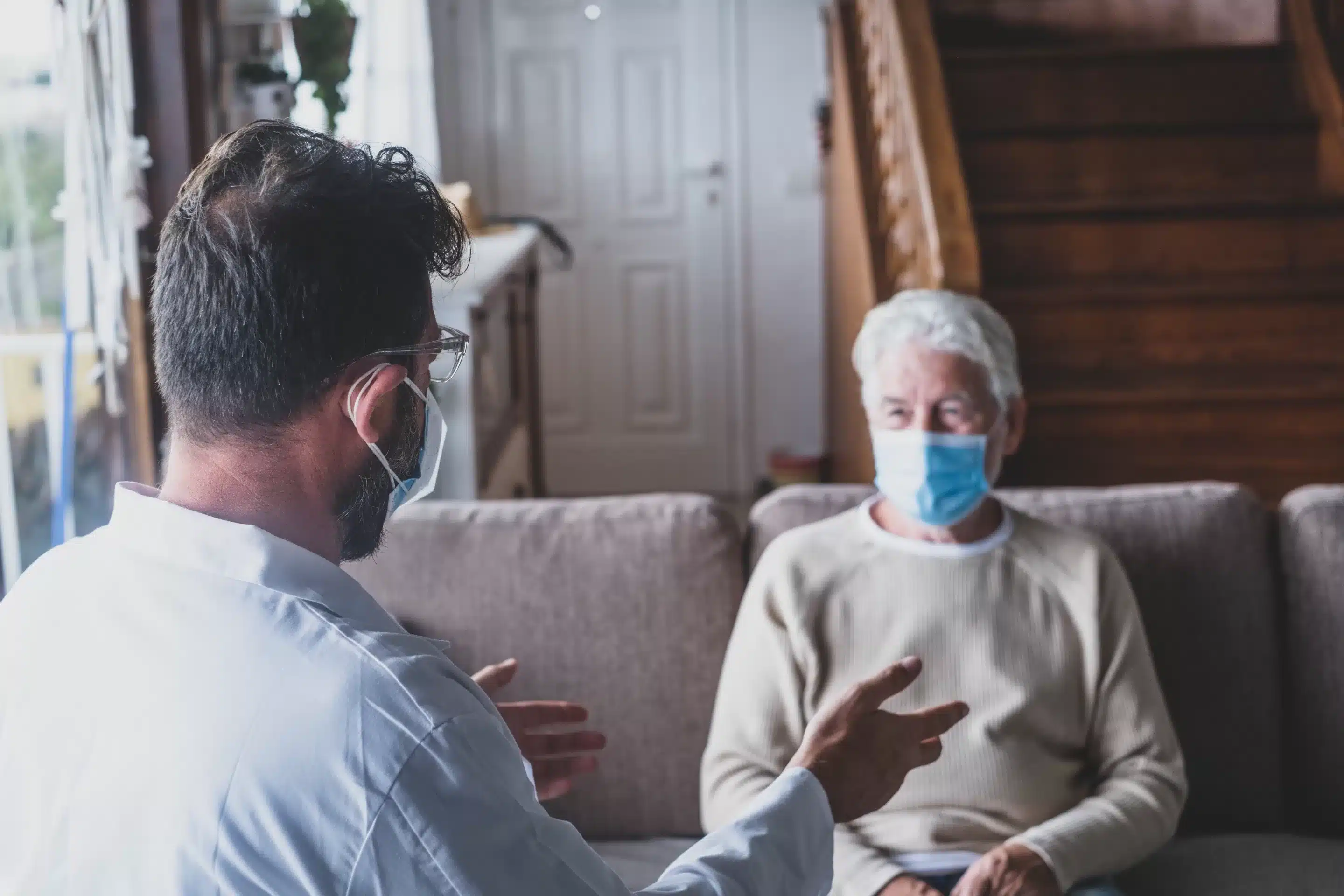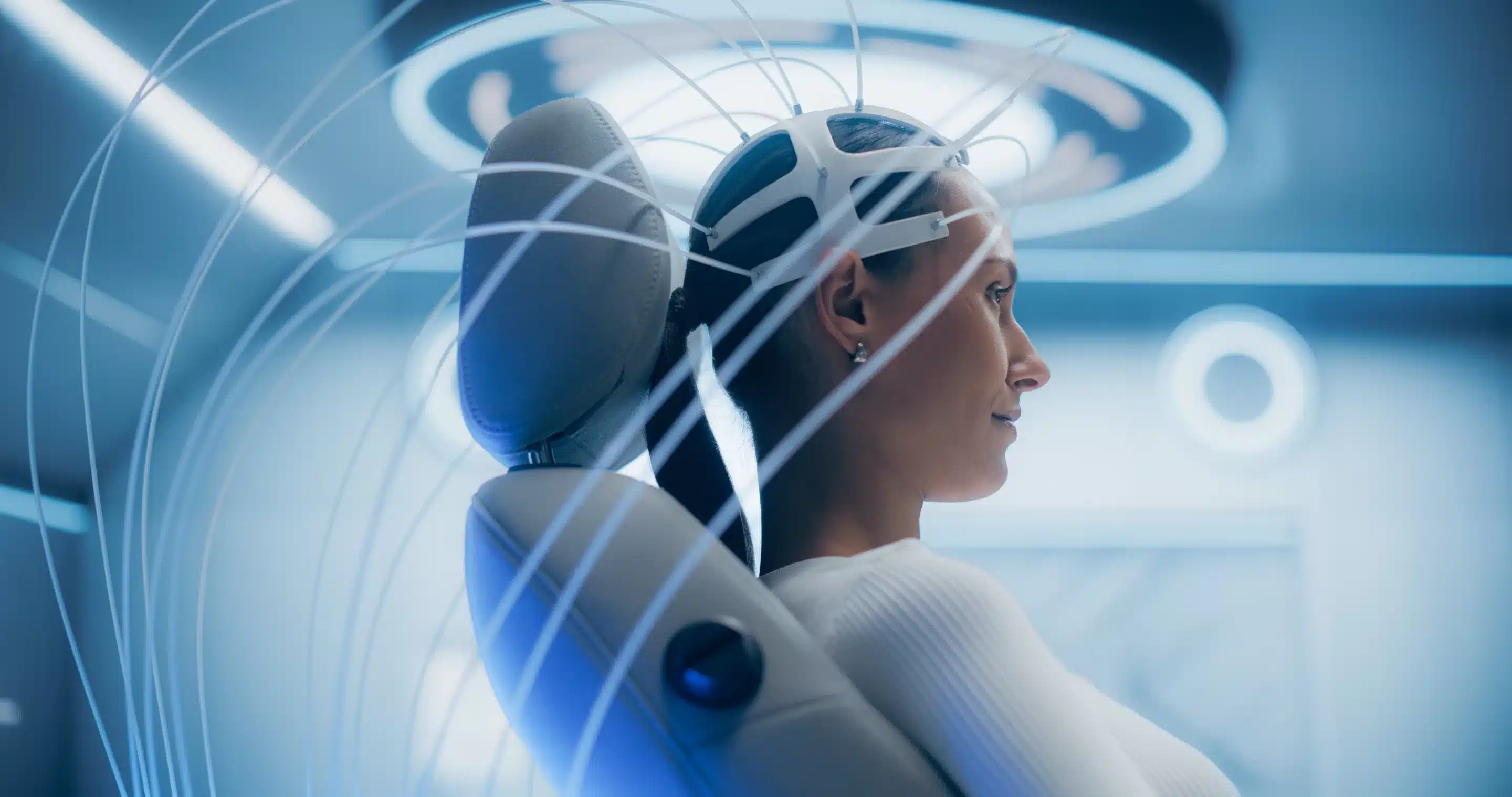Studies find that telehealth is beneficial for individuals of all ages, and more providers are offering telehealth services.

Stay updated on the rapidly-growing virtual telehealth care industry.

Studies find that telehealth is beneficial for individuals of all ages, and more providers are offering telehealth services.

Virtual Reality (VR) is highlighted as a significant advancement in mental health, with specialists discussing its innovative applications in treating psychiatric conditions like phobias, addiction, eating disorders, and functional disorders. The conversation explores VR’s potential to transform implicit biases, alter body image perception, and facilitate cognitive enhancement. It emphasizes the importance of robust research, the adoption of industry-standard guidelines, and clinicians’ active participation in shaping VR’s future in Psychiatry, showcasing the technology’s expansive possibilities beyond therapy.

Review VR’s benefits in speeding up therapy, overcoming traditional therapy limitations, and improving patient compliance. Dr. Gurr shares insights on VR’s risks, its future in clinical practice, and its use in treating social anxiety, autism, and pain management. This episode is essential for professionals looking to incorporate technology into mental health treatments.

How would you choose an EHR system? There are many different features, and it’s difficult to demo all of them. See why I chose ChARM.

Xavier Palomer, founder of Amelia Virtual Care, speaks about virtual reality treatments in mental health, psychiatry: adoption, evidence, uses, challenges.

Mind Bank’s founder, Emil Jimenez, talks about the concept of a digital twin, how it works, why it’s needed & impact on psychiatry.

Many mental health professionals ask about challenges and dilemmas related to telepsychiatry, as it can be very different from in person visits. Join the free webinar!